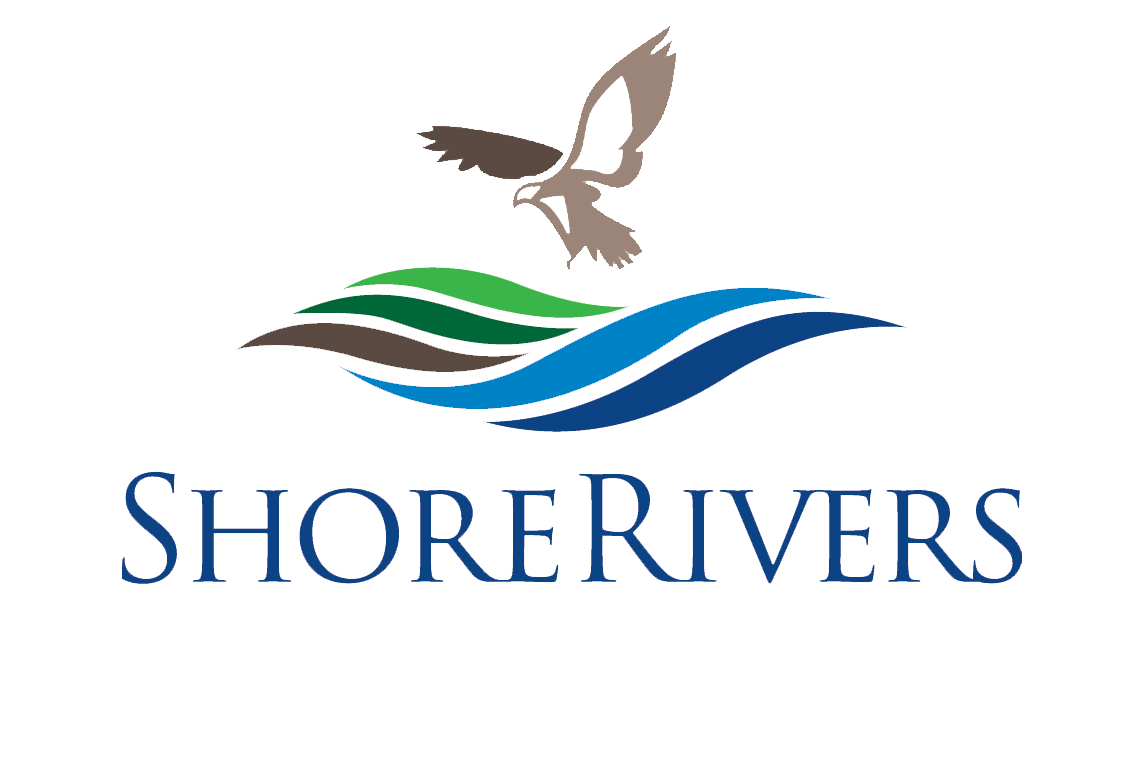ShoreRivers’ Choptank Riverkeeper Matt Pluta testified on Wednesday, April 18 before the Maryland State Board of Public Works successfully advocating for permit requirements that would prevent oversized barges from damaging tidal wetlands and undermining oyster restoration efforts in the Tred Avon River. The Board of Public Works is comprised of Governor Larry Hogan, Treasurer Nancy Kopp, and Maryland Comptroller Peter Franchot.
In 2016, the applicant, Vulcan Materials Company in Easton, MD, applied for a State Tidal Wetlands License to dredge an area near their loading dock at Easton Point, where 275’-300’ barges filled with sand and gravel regularly unload. This permit application provided the opportunity for ShoreRivers to intervene and raise its long-held concerns over how Vulcan’s barges were harming the river. Evidence and testimony from the Choptank Riverkeeper and nearby property owners explained how these oversized barges scrape the bottom and propeller-dredge the length of the river, most notably at the proposed dredge site, causing bottom erosion and sediment pollution.
“This license is being requested because of the accumulation and buildup of sediment, which is exactly what the applicant is causing through their scraping and churning up the river bottom,” Pluta said during his testimony. “This completely undercuts tidal wetland health which what this license is designed to protect.”
ShoreRivers worked with the Board of Public Works Wetland Administrator for over a year investigating the issues and seeking to address concerns that these large barges are negatively impacting the waterway. As a result, the wetlands administrator proposed six special permit conditions and recommended approval of the license only if the conditions were included and supported by ShoreRivers.
After a heated debate before the Board of Public Works, during which both opponents and proponents of the permit were heard, the Board ultimately approved the license, but required that four of the six proposed special conditions be met. Franchot voted against license approval, arguing that all six of the proposed conditions should be required.
These four conditions, obtained through this licensing process, will significantly reduce the pollution caused by these barges. Any human activity in our valuable but sensitive waterways (especially near areas designated as oyster sanctuaries) needs to minimally impact our wetlands and should bolster efforts to restore the ecosystem.
For more information, contact Choptank Riverkeeper Matt Pluta at 443.385.0511 or mpluta@shorerivers.org.

